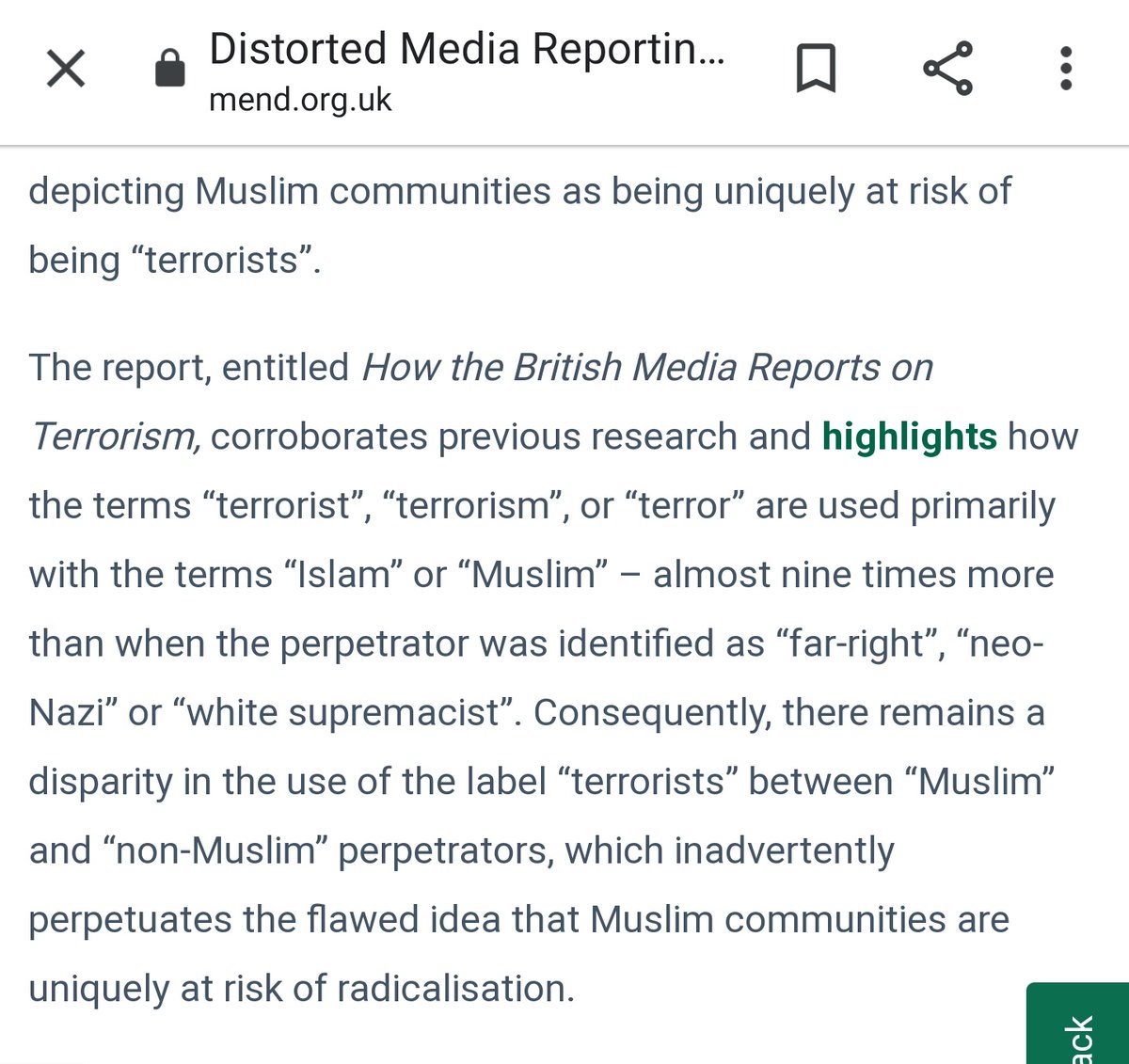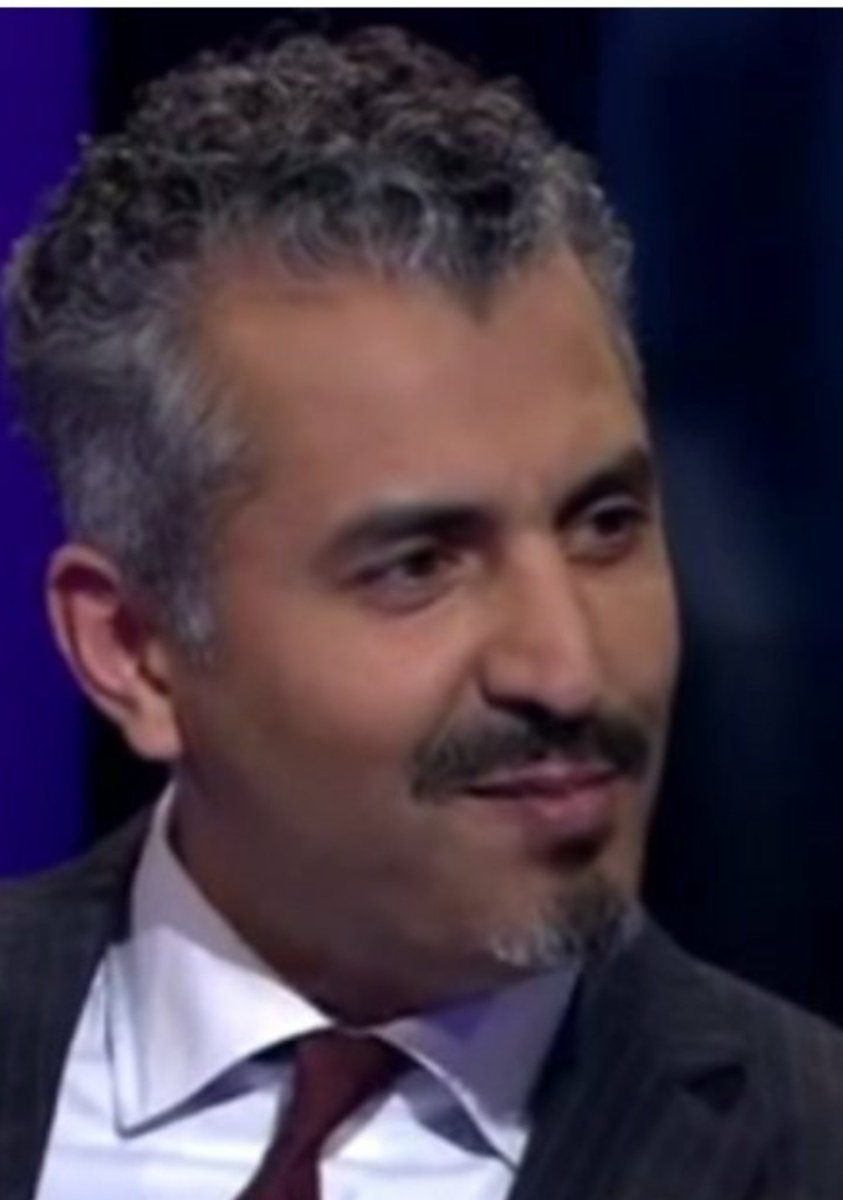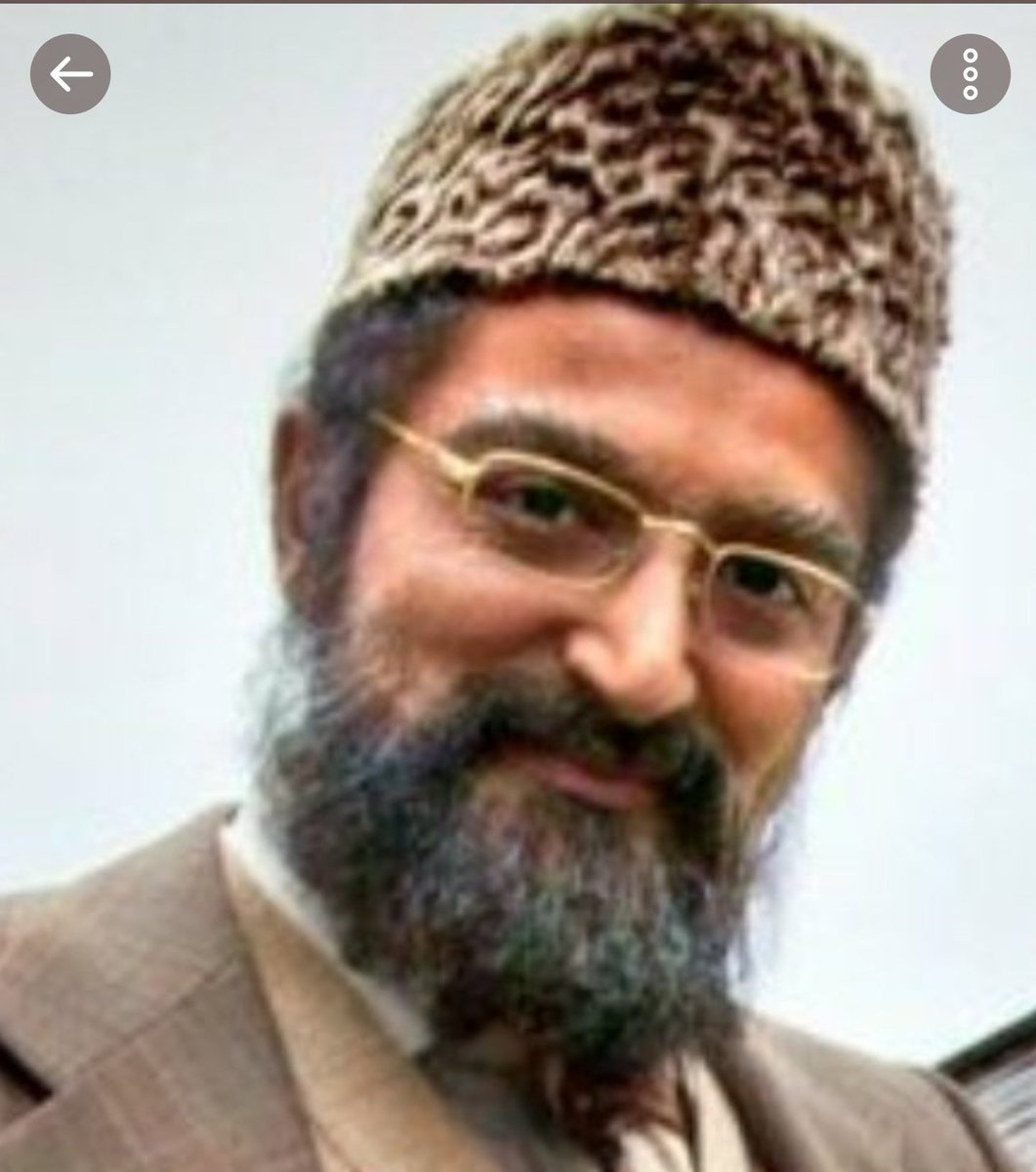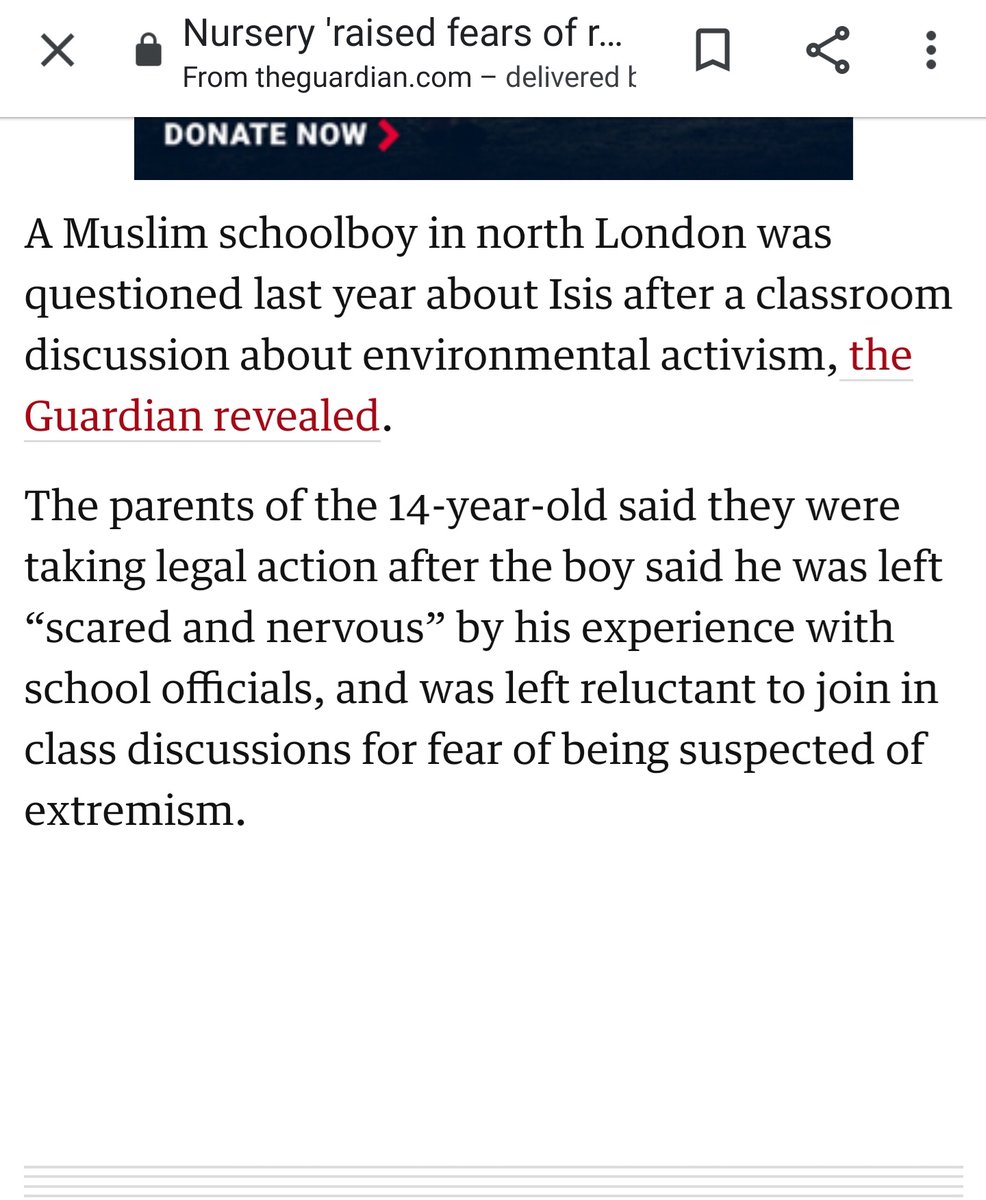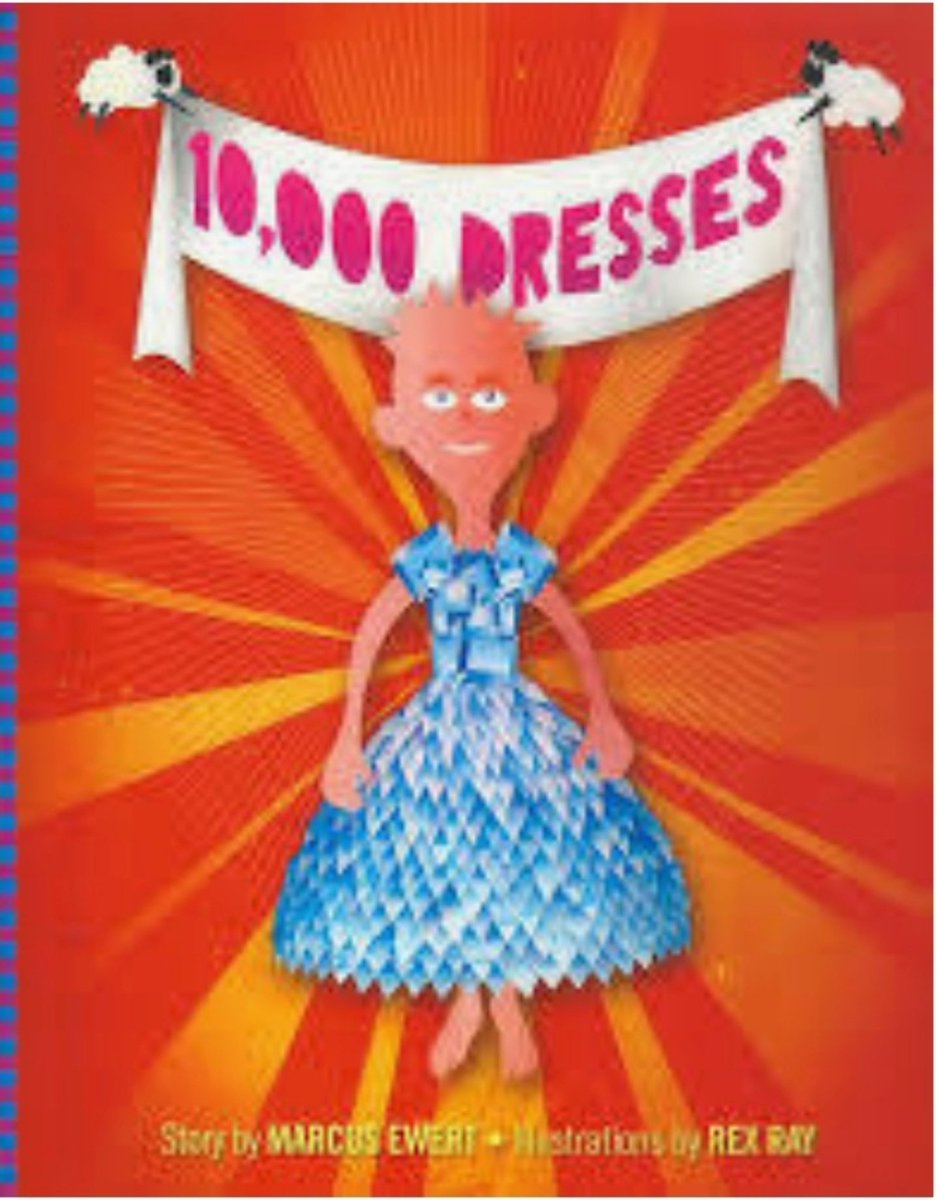
The media plays a crucial role in highlighting the important facts the public should know by selecting, broadcasting, and emphasizing what events the public should classify and comprehend as important and what the public should assess as a threat
link.springer.com/article/10.100…
link.springer.com/article/10.100…
This paper explores the notion that the media reinforces a false synonym between Muslims and terrorism.
I begin with a description of news framing bias and how this bias impacts the portrayal of terrorism and Muslims through politically and emotionally charged discourse
I begin with a description of news framing bias and how this bias impacts the portrayal of terrorism and Muslims through politically and emotionally charged discourse
Then, through a content analysis of local and national news articles, I examine selected terrorist events in France and Turkey, analyzing the U.S media’s portrayal of these events to uncover what elements journalists select, emphasize,
uncover what elements journalists select, emphasize, and deemphasize in countries with predominantly Muslim and non-Muslim populations. This analysis is useful in uncovering the mechanisms allowing U.S perception of perceived threat to rise in tandem with
useful in uncovering the mechanisms allowing U.S perception of perceived threat to rise in tandem with U.S national security’s placement on the current policy agenda, while the actual risks posed by terrorism and Muslim populations are marginal in comparison & continue to decline
The findings suggest that news media framing utilizes biased, negative imagery, portraying the events in these countries in a way that reinforces current prejudices against Muslims, even when Muslims are themselves the victims.
This unequal reporting increases viewership while simultaneously allowing current perceptions about terrorism and Muslims to continue.
• • •
Missing some Tweet in this thread? You can try to
force a refresh

